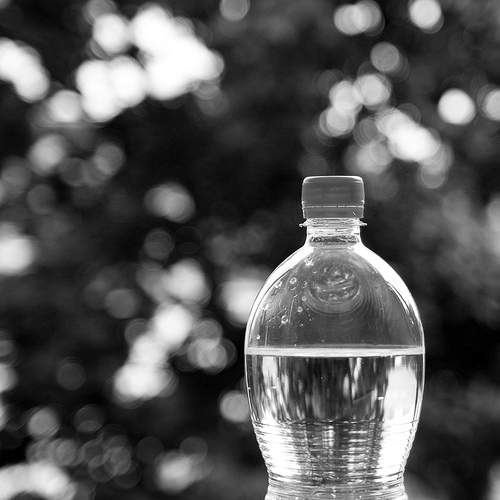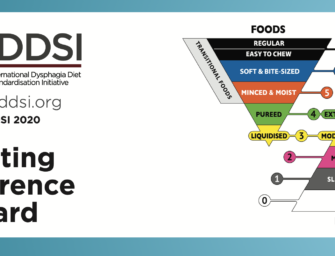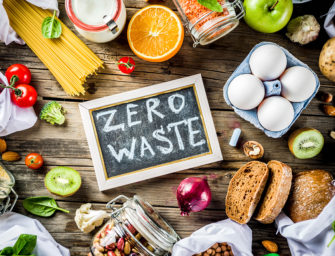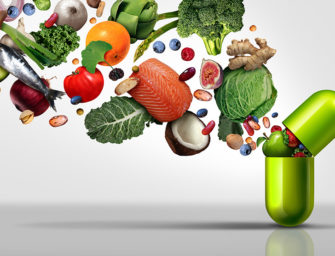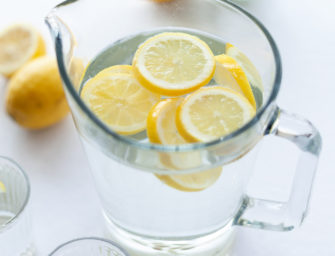The Simple Beauty of Water
Our body requires seven things to function properly: carbohydrates, proteins, fats, minerals, vitamins, water and air. However, next to air, water is the item most necessary for survival. A normal adult is comprised of approximately 65 to 70 percent water. We can go without food for almost two months, but without water for only a few days. Yet most people have no idea how much water they should consume and in fact, many live in a dehydrated state. Therefore, a constant supply of water is required as all bodily functions depend on the proper balance of water in the body. Human physiology requires water for proper heart function, regulation of body temperature, blood pressure, metabolic functions of all cells and lubrication of the joints. Fluids are needed in the blood to transport glucose to the working muscles and eliminate metabolic bi-products. Muscle tissue alone is over 70% water. Ultimately, the vital functions of the body are seriously compromised when an individual is dehydrated.
Dehydration is defined as the loss of fluid from all of the body’s fluid compartments. It occurs when the rate of fluid lost is greater than the rate of fluid replaced. A common reaction to drinking water is to wait until you are thirsty or your mouth is dry. This is a significant mistake as the body is already dehydrated by the time thirst is apparent and a dry mouth is the last outward sign of extreme dehydration. Other signs of dehydration can include any of the following symptoms:
- Heartburn or stomach ache
- Non-infectious recurring or chronic pain
- Low back pain
- Headache
- Mental irritation and depression
- Water retention (ironic but true!)
Further problems often develop when the sensation of thirst urges an intake of water, and instead, pop, coffee, or alcohol containing beverages are taken to quench the thirst sensation. While these beverages contain water, they are actually dehydrating fluids and can act as a diuretic (any substance that tends to increase the flow of urine, which cases the body to get rid of water). Therefore, not only do they eliminate the water contained in them, but they can also cause you to lose further amounts of water from your body’s reserves!
How much water should I consume? Without getting overly scientific and keeping things simple the old age adage of 8-10 (250 ml) glasses per day is generally adequate (this equates to approximately 2.0 – 2.5 Litres a day). However, consideration needs to be given in circumstances where you are exercising, living in a hot climate, are overweight (Note: people who are overweight should drink an extra 250 ml of water for every 25 pounds that they exceed their ideal body weight which will assist with fat metabolism and is a key factor to weight loss), are pregnant or breast feeding, and in the event of certain of illnesses or adverse health conditions (i.e. fever, vomiting, or diarrhea).
In short, proper hydration and water consumption is vital with both performance and well-being inseparably associated with an adequate supply of water, just like all the other functions of your body. Therefore, we should all give serious consideration to make certain we consume enough water throughout the day. You will be very surprised at how much better you will feel and perform just by drinking more water.
Photo Credit: dongga BS via Compfight cc

